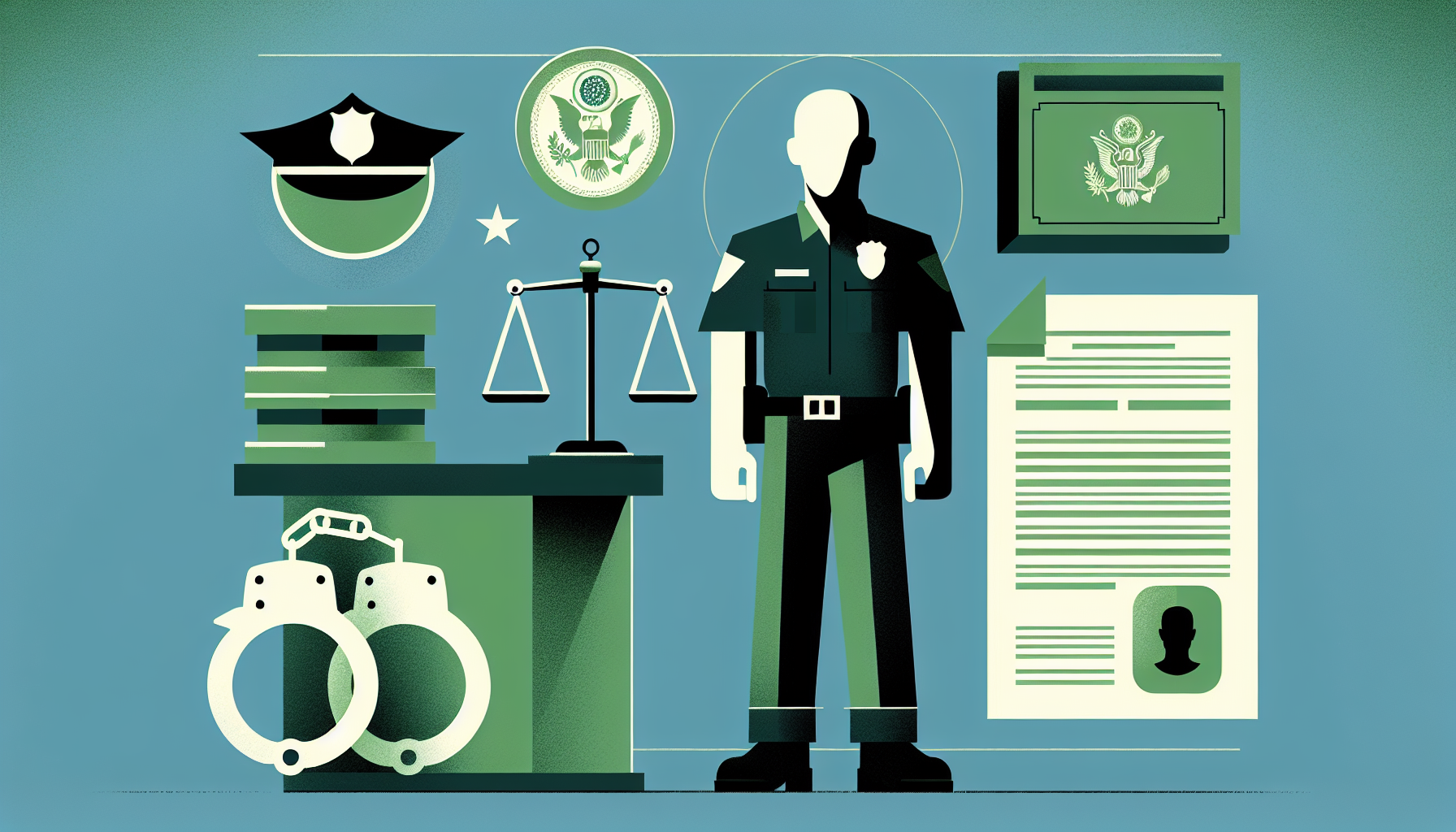Kentucky State Police Trooper James Cameron Wright has finally been indicted by the feds for multiple civil rights violations, which were not only known by his chain of command, but some of which were personally reviewed and approved by the literal head of th…
Why it matters
- A Kentucky State Police officer faces serious legal consequences for alleged civil rights abuses, raising questions about accountability in law enforcement.
- The indictment suggests systemic issues within the police department, including potential complicity from higher-ups.
- This case may serve as a catalyst for broader reforms in policing practices and oversight in the state.
In a significant development for law enforcement accountability, Kentucky State Police Trooper James Cameron Wright has been indicted by federal authorities for a series of civil rights violations. The allegations against Wright are not only serious in nature but also reveal a troubling pattern of oversight—or lack thereof—within the police department's leadership. The indictment indicates that some of the violations were not only known to his superiors but also received explicit approval from high-ranking officials, raising alarms about systemic issues in policing practices.
The indictment details multiple instances where Wright allegedly abused his power, infringing on the rights of citizens in the course of his duties. The federal charges come as part of a broader investigation into the conduct of law enforcement personnel in Kentucky, shedding light on a culture that may condone or overlook misconduct. This case is particularly alarming given the increasing scrutiny on police practices across the United States, following several high-profile incidents that have sparked national debates about police reform and accountability.
Legal experts suggest that the indictment of an officer at this level signifies a shift towards greater accountability within law enforcement agencies. Historically, police officers have often faced minimal consequences for on-duty misconduct, a factor that has contributed to widespread public mistrust in law enforcement. The situation surrounding Trooper Wright’s indictment could potentially serve as a precedent, encouraging other jurisdictions to take similar actions against officers accused of civil rights violations.
Further complicating the matter is the involvement of high-ranking officials, including the head of the Kentucky State Police, who reportedly reviewed and sanctioned some of Wright's actions. This revelation raises serious concerns about the culture of oversight within the police department and whether there is an environment that enables or even encourages abusive behavior. Critics argue that for meaningful reform to occur, there needs to be a thorough examination of not only the actions of individual officers but also the policies and practices that govern police behavior.
The federal charges against Wright could lead to significant legal ramifications, including potential prison time. However, the broader implications may extend beyond the individual case. Advocacy groups and community leaders are calling for comprehensive reforms to ensure accountability and transparency within law enforcement agencies. They argue that without systemic change, incidents of misconduct will continue to undermine public trust and safety.
Kentucky has faced its share of challenges regarding policing, especially in light of recent protests and calls for reform that have arisen nationwide. The indictment of Trooper Wright highlights the urgency for law enforcement agencies to implement better training, oversight, and accountability measures. As citizens demand change, the pressure on police departments to address these issues has become more pronounced.
In response to the indictment, community leaders have expressed cautious optimism. They hope that this case will serve as a turning point, prompting more rigorous scrutiny of law enforcement practices and fostering a dialogue about the need for reform. The case has also reignited discussions about the importance of community oversight boards and the role they can play in ensuring police accountability.
As the legal proceedings unfold, all eyes will be on the Kentucky State Police and the response from its leadership. The outcome of this case could have far-reaching effects, not only for the individuals involved but also for policing practices across the state and potentially the nation. The indictment of Trooper Wright serves as a critical reminder that accountability in law enforcement is not just an issue of individual actions but a matter of systemic reform that must be addressed to rebuild trust between police and the communities they serve.











